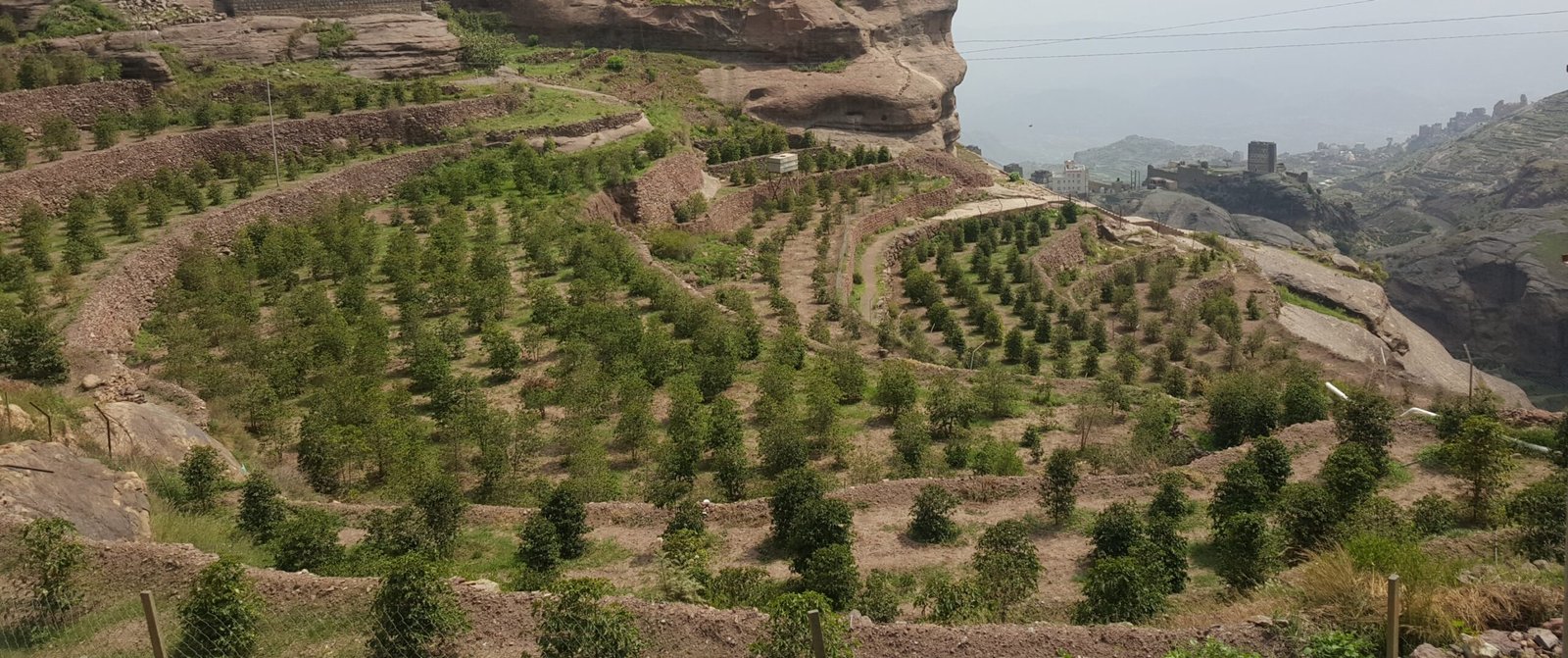Tracing the Rich Tapestry of the Middle East Coffee
The Middle East, a region renowned for its ancient history, diverse cultures, and arid landscapes, has long played a significant role in the global coffee narrative. The Middle East coffee region, with its storied coffee traditions, offers a unique and enchanting experience that intertwines history, hospitality, and the aromatic allure of finely brewed coffee.
The Middle East stands as one of the cradles of coffee culture, with a history that dates back centuries. Legend has it that coffee was discovered in the Ethiopian highlands, making its way to the Arabian Peninsula. Yemen, in particular, holds a special place in the heart of coffee history. The port city of Mocha became synonymous with the export of Yemeni coffee, captivating the taste buds of traders and coffee lovers across the world.
Arabica coffee, celebrated for its nuanced flavors and aromatic qualities, dominates the Middle East coffee scene. Yemen, with its high-altitude regions like Haraz and Yemeni Western Highlands, is known for cultivating high-quality Arabica beans. The slow maturation process at elevations ranging from 1,000 to 2,500 meters contributes to the distinctive flavors of Yemeni coffee.
Middle Eastern coffees, particularly those from Yemen, are renowned for their bright acidity, medium body, and a complex flavor profile. Tasting notes often include floral, fruity, and spicy undertones, reflecting the unique terroir and meticulous cultivation methods employed by local farmers. The traditional dry processing method, where coffee cherries are left to dry with the fruit intact, imparts a distinct sweetness and depth to Middle Eastern coffees.
In the Middle East, coffee is more than a beverage; it is an integral part of social rituals, hospitality, and cultural traditions. The coffee ceremony, known as “qahwa” in Arabic, is a cherished practice that transcends borders and unites people across the region. From the intricate preparation of Turkish coffee to the elaborate coffee ceremonies in Saudi Arabia and the Gulf states, the act of brewing and sharing coffee is a symbol of warmth, connection, and cultural richness.
Middle Eastern countries have perfected the art of coffee brewing using traditional methods that have been passed down through generations. Turkish coffee, with its finely ground coffee beans and unique preparation in a cezve, is a symbol of Turkish hospitality. In Saudi Arabia and the Gulf states, the preparation of Arabic coffee, often flavored with cardamom, is an art form that reflects the region’s cultural heritage.
While deeply rooted in tradition, the Middle East is also embracing modern coffee culture. Urban centers like Dubai, Riyadh, and Doha boast a vibrant coffee scene with specialty coffee shops, third-wave coffee roasters, and a growing community of coffee enthusiasts. The fusion of traditional practices with contemporary coffee trends showcases the region’s dynamic approach to the evolving coffee landscape.
The Middle East faces challenges in coffee production, including water scarcity, changing climates, and the need for sustainable farming practices. However, innovative initiatives, such as vertical farming and water-efficient cultivation methods, are emerging to address these challenges. The Middle East’s commitment to preserving its coffee heritage while adapting to modern agricultural practices is a testament to the region’s resilience.
The Middle East coffee region is a captivating oasis where the aroma of finely brewed coffee mingles with the echoes of history and cultural traditions. From the ancient coffeehouses of Yemen to the bustling coffee scenes of contemporary urban centers, the Middle East’s coffee culture is a journey through time, flavor, and hospitality. As the region continues to balance tradition with innovation, each cup brewed in the Middle East becomes a sip of the rich and aromatic legacy that has defined the heart of coffee culture for centuries.


